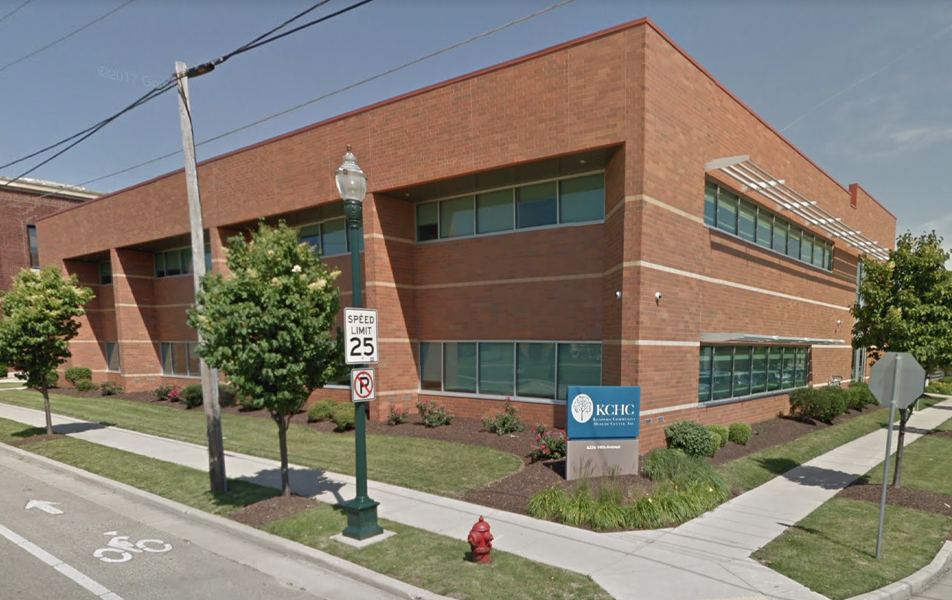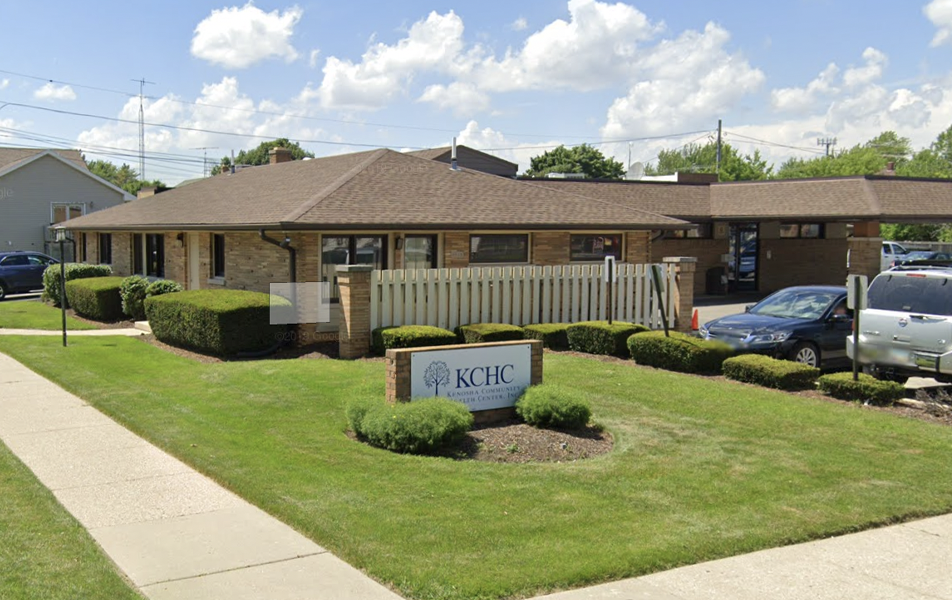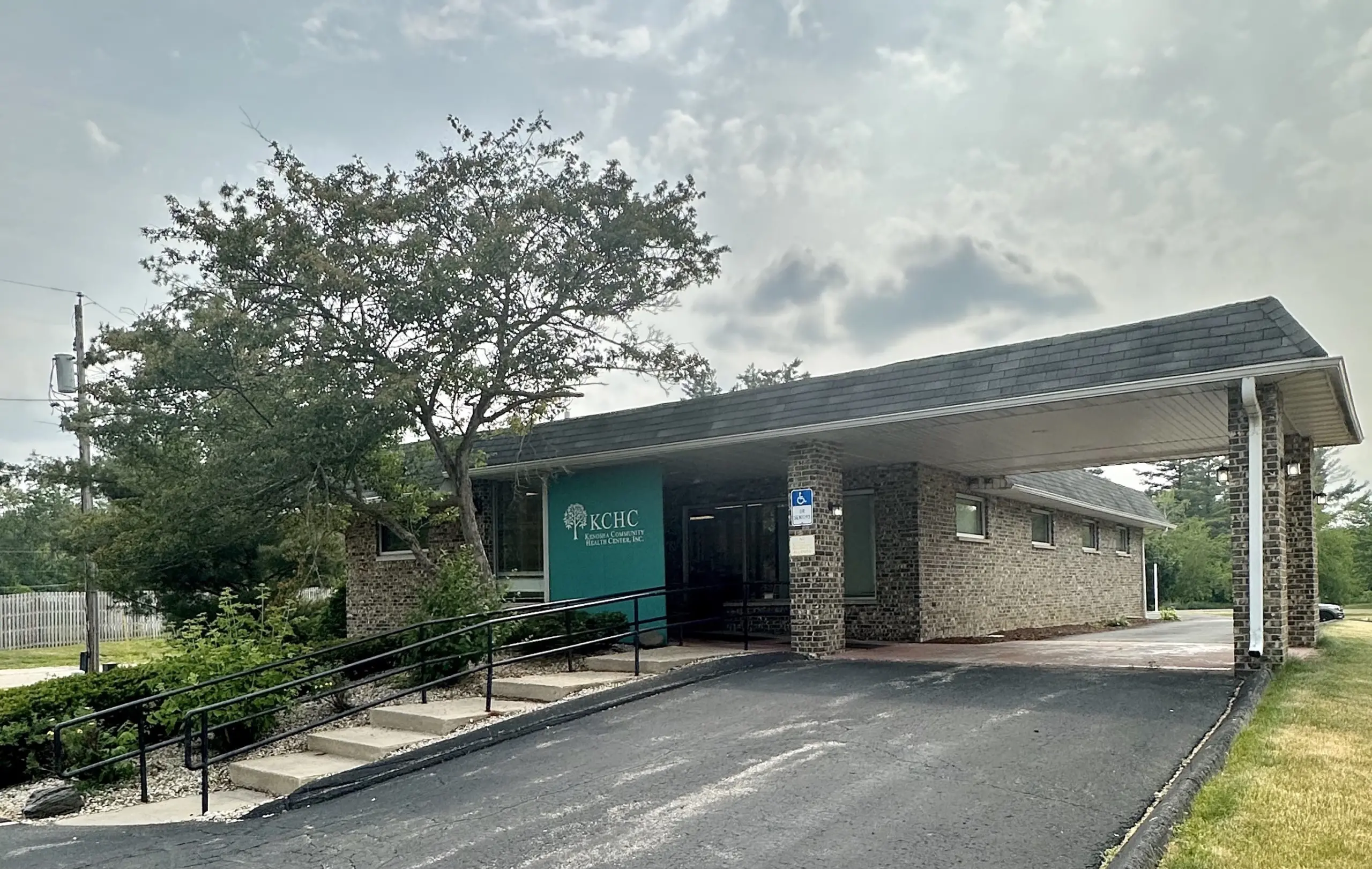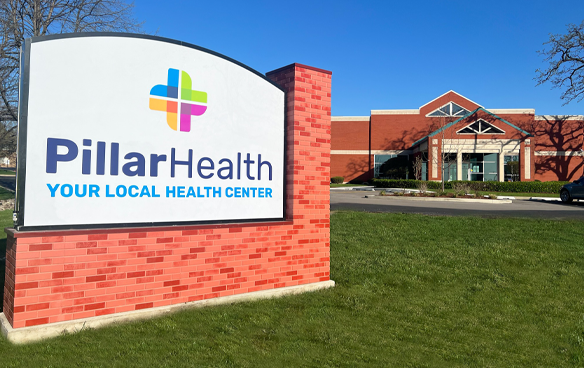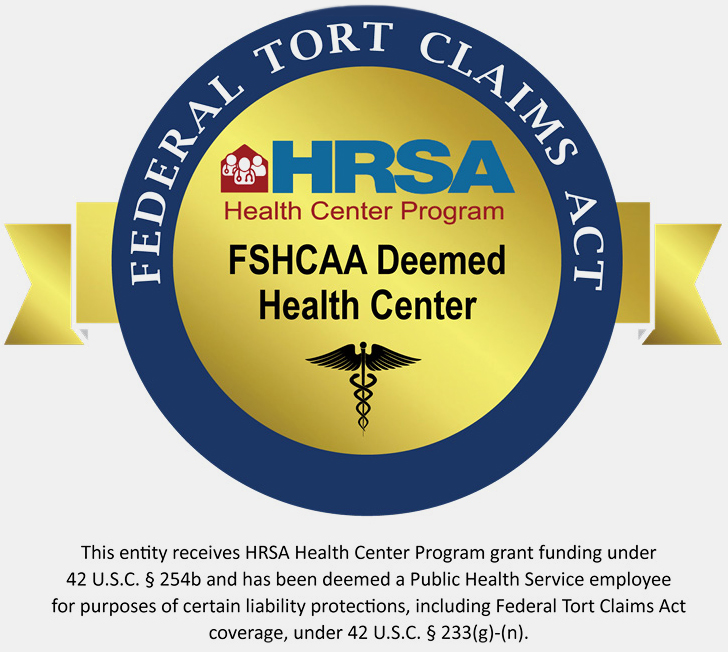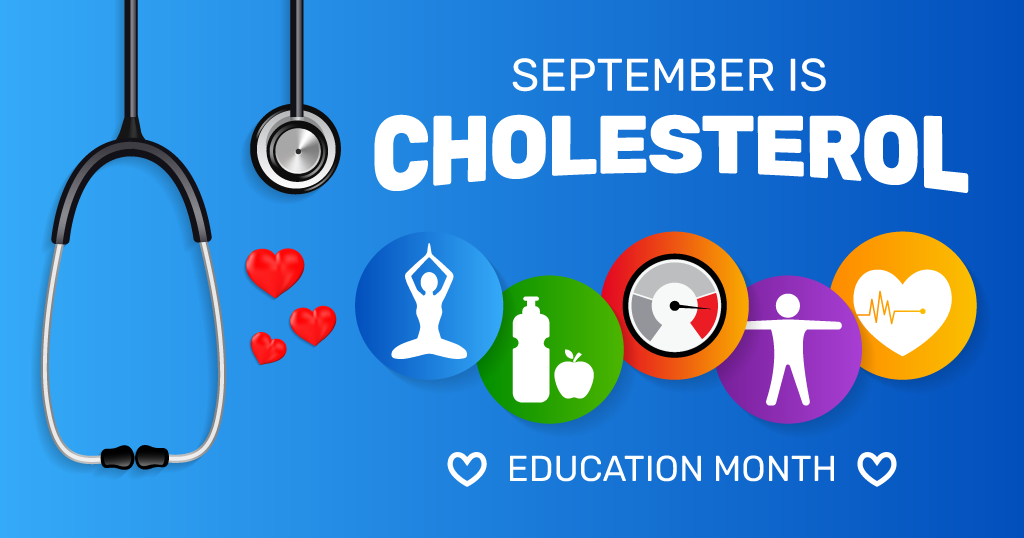
September marks National Cholesterol Education Month, a crucial initiative aimed at raising awareness about the importance of understanding cholesterol and managing its levels.
Both Pillar Health and Kenosha Community Health Center are committed to educating our community about how to manage cholesterol effectively and reduce the risk of cardiovascular diseases. According to the Center for Disease Control and Prevention (CDC) nearly 93 million American adults have high cholesterol, which makes understanding this vital health marker is more important than ever.
What is Cholesterol?
Cholesterol is a waxy, fat-like substance found in every cell of the body. It is essential for the production of vitamin D, hormones, and substances that aid in food digestion. However, an excess of cholesterol can build up in the arteries, leading to cardiovascular diseases such as heart attacks and strokes.
Types of Cholesterol
LDL Cholesterol: Often known as the “bad” cholesterol, high levels of LDL cholesterol can lead to plaque accumulation in the arteries, causing them to narrow and harden.
HDL Cholesterol: Known as the “good” cholesterol, HDL helps remove LDL cholesterol from the bloodstream, thus reducing the risk of heart diseases.
Total Cholesterol: A combination of LDL, HDL, and other lipid components. Doctors assess this number to understand your overall cholesterol health.
Triglycerides: These are a type of fat found in the blood that can also increase the risk of heart disease when present in high levels.
Risk Factors and Dangers
Risk Factors:
- Family history of high cholesterol
- Smoking
- Poor diet, rich in saturated fats and trans fats
- Lack of physical exercise
- Age
- Diabetes
Dangers:
- Heart attack
- Stroke
- Peripheral artery disease (poor blood circulation)
- Coronary artery disease (compromised blood flow to the heart)
Healthy Living Choices
Diet: Opt for a diet rich in fruits, vegetables, and whole grains. Limit the intake of saturated fats found in red meat and dairy products.
Exercise: Aim for at least 150 minutes of moderate exercise or 75 minutes of vigorous exercise each week.
Smoking Cessation: Quitting smoking can improve your HDL cholesterol levels and overall cardiovascular health.
Moderate Alcohol Consumption: Limit your alcohol intake to one drink per day for women and up to two drinks per day for men.
What to Do to Manage Your Cholesterol
Regular Screening: Adults should have their cholesterol levels checked every 4-6 years as part of a cardiovascular risk assessment.
Medication: If lifestyle changes aren’t enough, medication like statins may be prescribed to help control cholesterol levels.
Consult Healthcare Providers: Continuous monitoring and consultation with healthcare providers help in managing cholesterol more effectively.
This September, take the opportunity to better understand your cholesterol levels. If you haven’t had your cholesterol checked recently, now is the time to act. Schedule an appointment for a medical check up at Pillar Health or Kenosha Community Health Center by calling 262-656-0044. Knowing your numbers today is important and could save your life tomorrow.
The team at Pillar Health and Kenosha Community Health Center is here to help you take control of your health because your well-being is our priority.
HEALTHY GROCERY SHOPPING TIPS
For healthier options, consider the following advice:
- Opt for a colorful range of fruits and vegetables.
- Select either fat-free or low-fat dairy products, or opt for soy milk and soy yogurt enriched with calcium, vitamin A, and vitamin D.
- Swap out high-calorie, sodium-rich, sugar-laden, or saturated fat-heavy favorites for healthier alternatives.
- Look for food items containing whole grains, such as 100% whole-wheat or whole-grain bread, cereal, and pasta.
- Purchase lean meats and poultry, and diversify your protein sources with fish, shellfish, beans, and nuts.

Do not wait to schedule your appointment.
Kenosha Community Health Center has many appointment options in Kenosha and Silver Lake to meet your needs.
Schedule An Appointment

